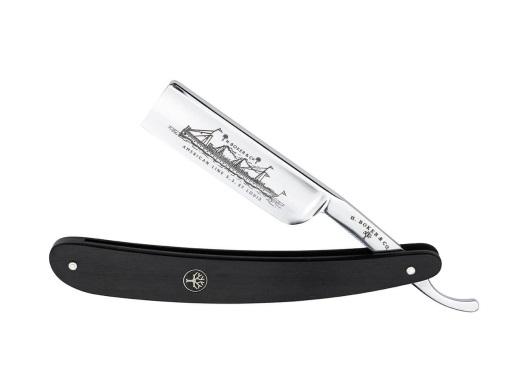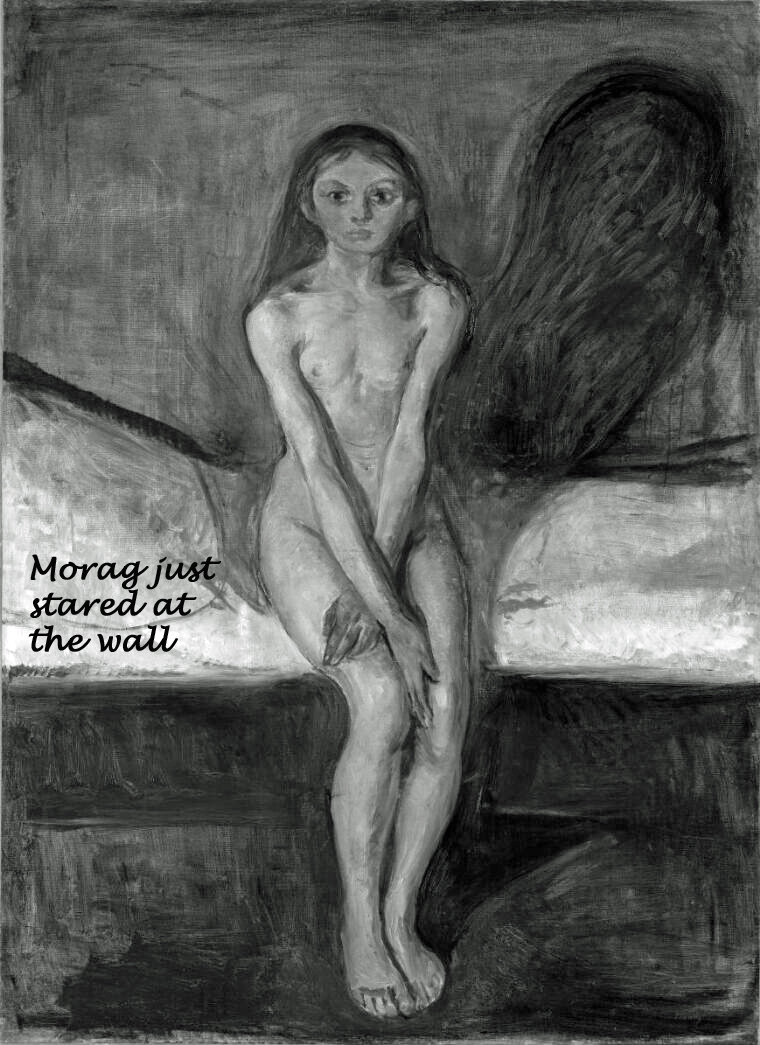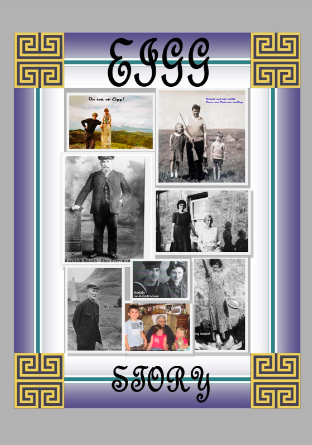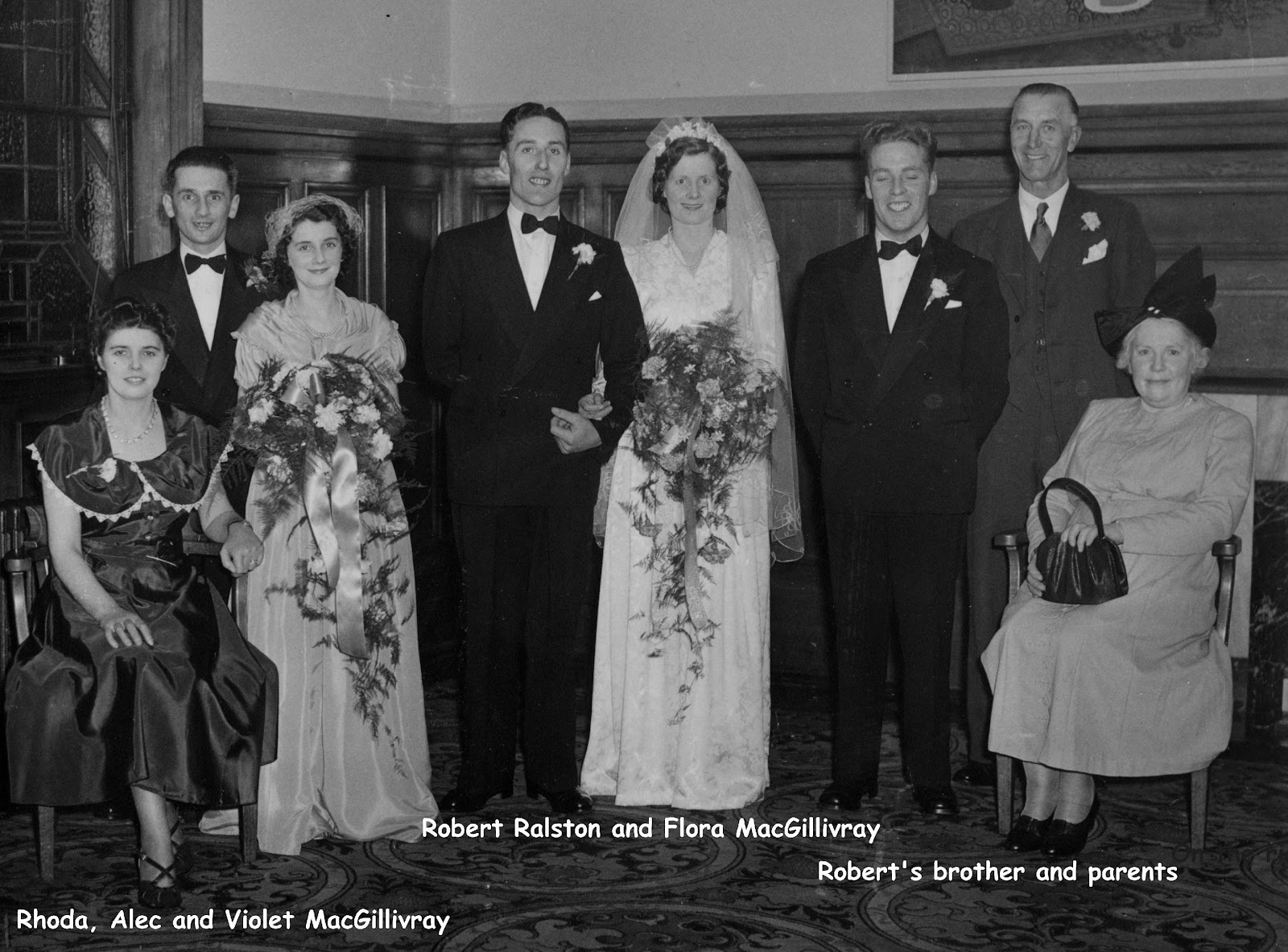Land Girl and Tram Girl is a short story written by Rory McJoy about Morag working her way out of being a Land Girl to a Tram Girl.
Knee-deep in Loch Fyne, Morag feels a slight shiver course through her skin. The cold water, combined with the chill of the season, makes Morag wish to be anywhere but here. What’s more, the water makes her corduroy breeches stick to her skin like glue. But a girl’s gotta do what she gotta do! Only the women are left to do the job.
Most of the men were conscripted because of the ongoing war, ‘committing suicide’ in the trenches. But when they come back home, they are given laudatory compliments by non-combatant dignitaries.
After a few stints at farms in Lanarkshire, Morag travelled to Dunollie Wood in Oban. She heard that hauling logs to boats offers much higher pay than ploughing the fields, and harvesting potatoes; although it is still a land girl’s job.
Hauling logs is a backbreaking job, and many women don’t want to do it. Hence, the law of supply and demand arises. But Morag had a strong back, and an indomitable spirit.
The year is 1915, just one year after the start of the First World War. The unprecedented need for timber was so large-scale that Morag grabbed the opportunity to earn more money. So here she was in a foreign place, among strangers.
Early that morning, she and the other land girls cut down the trees in the wood two miles off from where they are now. After stripping them of their branches, they let them flow down the burn, until they reached the beach. Thank God for rivers and burns, or else they would have had a much heavier task of dragging them downhill! But the burn was not that free-flowing; it still required extra work to lug and tug them down the waterway.
Then comes the difficult task of leading the horses to drag the timber towards the boat assigned to do the job, a boat named the “Vital Spark”. If you ask why this task is tough, then you haven’t dealt with horses, and their cranky temperaments. Either they just want to engage in “horseplay” (pardon the pun), or they outright refuse to do any work at all!
In fact, they often behave more like mules than horses! They’ve got to be the most obstinate and stubborn creatures on earth! Being 5’10 and of substantial build, a deep Gaelic voice, and a tawse in your hand, is not a guarantee that the horses will follow your orders. So Morag has learned to cajole and coax the horses into doing her bidding, and not just switch their hindquarters with her tawse.
Morag was skilled at using the tawse, which she had inherited from her Auntie Flora, on her death 80 years old. Morag’s mother Sarah died of a paralytic disease when Morag was just a baby. It was left up to her old Auntie Flora to bring her up. Auntie Flora liberally used a tawse on the bare buttocks of young Morag, so as to discipline her young niece. Morag became well-versed in punishment at an early age; some might say it hardened her.
But to be fair to old Auntie Flora, she wasn’t the only one that liked using a tawse to whip children into obedience. In fact, most God-fearing Scottish families went to the purchase of a Bible, which often included a free Lochgelly tawse into the bargain. This would enable parents and teachers to discipline their children, so they could carry out the instructions of God.
The Bible states clearly: “Spare the rod, spoil the child.” Or literally, “He who spares the rod hates his son, but he who loves him is diligent to discipline him.” (Proverbs 13:24). No loving parent would admit to ‘hating his son’; and so they would administer regular whippings while lovingly ejaculating, “This hurts me more than it hurts you”. If the children of the Isle of Eigg were not being whipped by their parents and aunts, they would receive regular beatings at the local school to make sure they grew up into God-fearing people.
Auntie Flora had written in her will:
“I bequeath my Bible to Morag. I also bequeath my Lochgelly tawse to her. It has made her from a girl into a woman; I hope she can use it to discipline her own children, if God will bless her with young ones.”
Morag didn’t find much use for the Bible. She willingly accepted both gifts from her departed aunt. She packed them into her suitcase, when she left for Glasgow before the outbreak of World War One. In fact, Morag, didn’t have children until many years later.
Morag lived in the Plantation area in Govan, Glasgow. It was a rough area – you had to be hard to survive. Glasgow became well-known for its ‘razor gangs’, that is, their weapon of choice was a switch-blade razor.

Morag became well-known in Govan as a woman who did not tolerate anyone bad-mouthing her. But she had another weapon-of-choice rather than a switch-blade razor. After a tongue-lashing from Morag, you would be cut down to size, and hesitant to nay-say her again. Anyone who did not heed the lashings of her tongue, would be physically cut-down-to-size by the lashings of Morag’s tawse. It was as if she had been a slave-driver in a former life! To put it bluntly, Morag was a hard woman of Govan, Glasgow, but still kind at heart.
However, Morag had to wait some years before she could use the tawse on her future children; but in the meantime she practiced on the rumps of horses and other miscreants. She was thus able to use her tawse skills on the poor ‘disobedient’ horses; she believed that children, mules, horses, and men need to be whipped into obedience, if they are to follow your desires and wishes, or do any work at all!
Being a farm girl from the island of Eigg surely had its advantages. Morag and the other highland women were proud to be ‘land girls’. They feel liberated doing a man’s job.
Wearing trousers has forever changed their personalities. They feel more confident and more self-assured. Combined with sturdy boots, the women have adapted a kind of swagger-like strut, while going about their duties. Of course, ‘the strut’ is more of a show, than a 360-degree change in personality. The men’s eyes are constantly on them. They tracked their every move, and took note of every nuance and every word they say. Morag was thus ‘feminine delectable’, but also a commander of men. She knew only too well how to counterpoise these seemingly opposite roles to entice men into her Black Widow’s web before she consumed them body and soul.
One of Morag’s ‘femme’ buddies was Podger. Podger, a slightly plump woman, was tired of the situation. She would say “damn” when the horse was unable to drag a log along the shore, due to a snag. Silence reigns, and you can almost hear a pin drop. The men on the boat turn their eyes to gaze at Podger in shock, but coupled with awe they try so hard to hide.
Podger blushes brick-red, but then again shouts the word, “Damn!” A few smatterings of applause are heard. Podger turns to the source of the applause, and makes a mock curtsey. Podger has also taken to smoking cigarettes and often draws a big, exaggerated puff of smoke when she senses that a few men are watching her. She then winks at them, much to their chagrin.
“Hurricane Jack”, one of the sailors aboard the “Vital Spark,” was greatly impressed by these new “Land Girls”. He would say, “It’s the latest style, sunny boys. First the vote and then the breeches.”
The Captain of the “Vital Spark”, Para Handy, was greatly impressed too, but remained sceptical. He’d say, “If my wife wass to go aboot in troosers wi’ her hair cowed, I would bring her before the Session. It’s not naiture! There is not wan word aboot women wearin’ breeches between the two boards o’ the Bible.”
The “Vital Spark” needed more men to help load the timber on the boat. On the day before, while sipping whisky at the Tartan Tavern in Oban, Para Handy had asked the barman, Hector MacGillivary, if he knew of any men that could assist in the loading of timber the next day.
“O’ coorse, it’s mah day aff th’morra. Ah kin hulp ye, fur a wee wage,” answered Hector.
“It’s dane then. Ah wull see ye th’ morns mornin’. Ye seem tae be a sturdy jimmy that kin dae th’ jab,” replied Para Handy.
So it was done. Hector joined the crew of the “Vital Spark” for a day’s work. Hector was six foot tall, very handsome with good looks, striking blue eyes, light brown hair, and a lithe and agile frame. Despite his masculine stature, he had a modest, humble and gentle nature.
Morag was descended from Irish murderous gypsies, and was dark haired and brown-eyed. She was drawn towards such modest and humble men, as she thought she could rule them, in the same way she controlled the ‘disobedient’ horses on the beach that were being used to load the timber. Without delving into a psychological analysis, it might be said that some girls love horses, because they offer them an opportunity to exert their own power – a power of which men are perhaps subconsciously afraid.
So, Hector immediately caught Morag’s eye. During the loading of the timber, she asked him if this was his usual trade – that of a hardy seaman. He replied tersely, casting his eyes to one side and not meeting her gaze, that he was only helping out, and normally was working as a barman in Oban.
In other words, Morag was immediately attracted to humble Hector – a silent type. Hector was also immediately attracted to her. He surely missed his strong and sturdy mother, Flora MacGillivray, despite the fact that she often chastised him as a child. And she also reminded him of his favourite aunt, Aunt Ann, the schoolteacher, who was also skilled in chastisement. His mother and aunt were both women of iron – something he really missed, as they were now both deceased.
Morag and Hector were complete opposites, but indefatigably attracted to each other. The timid Hector said he could show Morag around Oban. She gladly accepted, like the spider said to the fly.
To cut a long story short, they ended up in Hector’s room in the “Tartan Tavern”, where Hector was ‘devoured’ by Morag, the ‘Black Widow’. In other words, they became lovers. But this was at the beginning of the war, so they had to wait some years before they could formalise their relationship in marriage.
In 1915, Hector joined the King’s Own Scottish Borderers Regiment as regimental cook, and served in many arenas of the war in the following years.
They finally married at the end of World War One.
But back to the ‘present’ – loading timber on the boat. Morag became irritated and started cussing even more than Podger her plump workmate. She shouted at old MacPhail, who was staring at her newly-cut bob hair. “What urr ye goupin’ at ye auld bastard?” she asked him with a snarl, “I hae mah tawse in mah haun ‘ere, ah wull whip ye, sae ye wish ye hud ne’er left yer mother’s womb, ye auld bugger.”
With this incident, and with news of suffragettes becoming more violent by disrupting sporting events, Captain Para Handy made the decision to refuse to work together with Morag and Podger, and the other assertive land girls. He explained to the authorities that women shouldn’t be doing men’s work.
Para Handy regretted this move, as he was blacklisted by the government, and was not given any more government contracts. In fact, the authorities even threatened to commandeer his boat and the men under his command as part of the war effort. So this was a narrow escape for Para Handy and his crew.
Little known to Para Handy at this time was the fact that in the next world war, World War Two, some twenty years later, his boat was appropriated by the government and renamed, “Girl Ethel”, and captained by none other than Morag’s son-in-law, Lieutenant Alexander Whitecross, and based in a loch not far from loch Fyne, the Holy Loch.
As mentioned, Old MacPhail was threatening to quit his job if Morag and Podger continued to work with them. And with that, the captain of the Vital Spark, Para Handy, talked to influential people in Oban, so Morag and Podger had to leave Oban, and travel back to Glasgow where they came from.
Back in the city once again, Morag was fed up being a ‘land girl’, and being hindered in her work by ‘old cantankerous men’. She had heard of the need for tram drivers. Morag was a child of the land. She had no sense of new mechanical devices. But she is curious and resilient by nature, so she had to learn new skills.
Inspired by the news reports about Eliza Orr – the first woman tram driver in Glasgow in 1916, she decided to ‘bite the bullet’ and apply for a job as tram driver. So, it came about that one day she became a tram driver. With confidence, she is able to do the job, and earn the same pay as men, much higher than the pay of ‘land girls.’
She even became friends with Eliza Orr, the first ever woman tram driver in Glasgow, as she lived nearby in Plantation. Although Eliza had two young children and another on the way, that didn’t stop Eliza from doing what she had to do. Eliza and Morag got exhilaration from the fact that what they were doing enabled Glasgow to continue with its daily life despite the war that was going on. Morag wore her blue uniform (company-mandated) with pride, a small brimless hat and a tunic that buttoned all the way up to the neck.
Morag is now the equal of men. In fact, with her new-found income she was able to rent an apartment in Plantation Street. Before she married, she invited Hector to move from Acharacle to her apartment in Plantation Street. So, at the outset, she was the ‘boss’.
Hector was able to find a job nearby at Macmillan’s Bar, where he worked for the next thirty years. Sometimes, Morag took in lovers, which Hector had to agree to, unless he wanted to be the victim of her tawse. She gave birth to five children. But no one is certain which of these children were fathered by Hector, and which were fathered by Morag’s ‘fancy boys’.
Whatever, Hector just wanted a quiet life and never objected to her ‘goings on’, not least because of her tawse.


